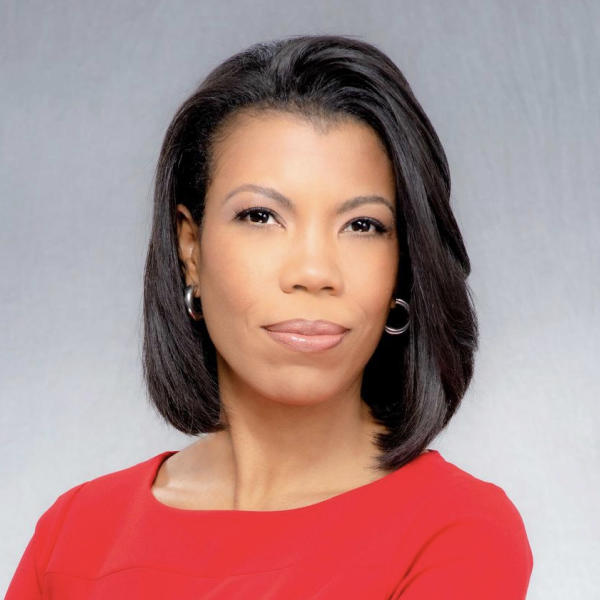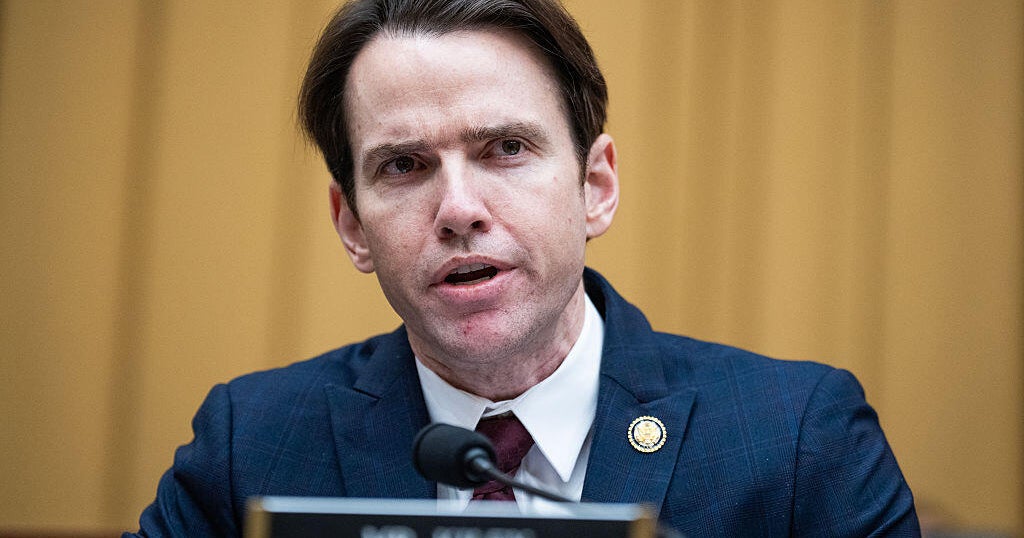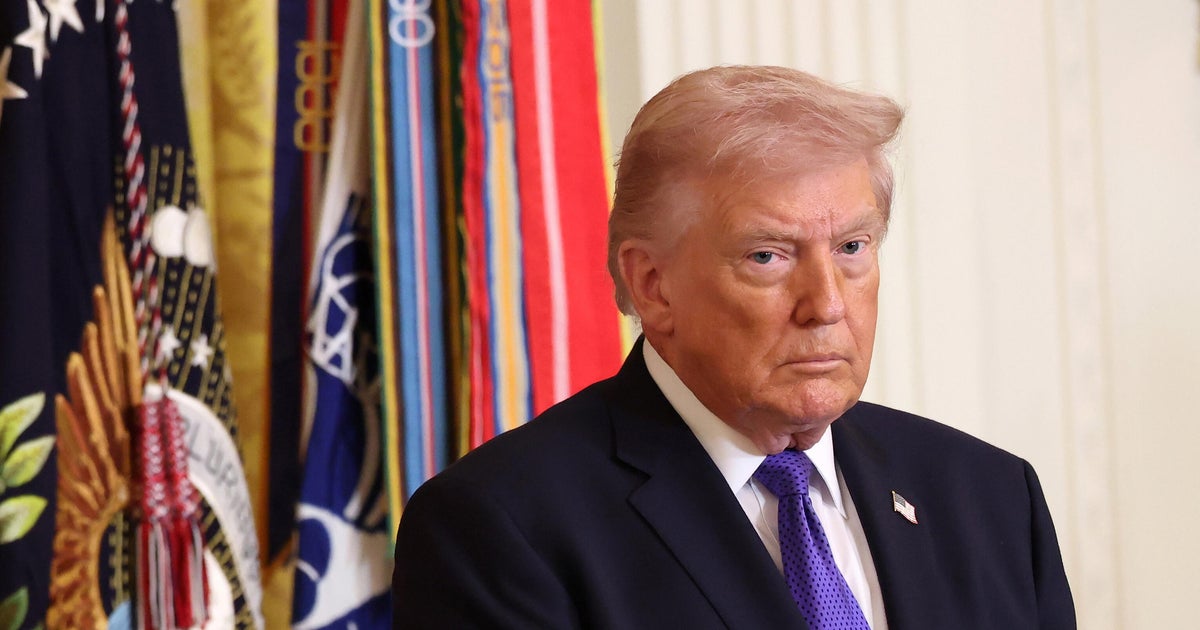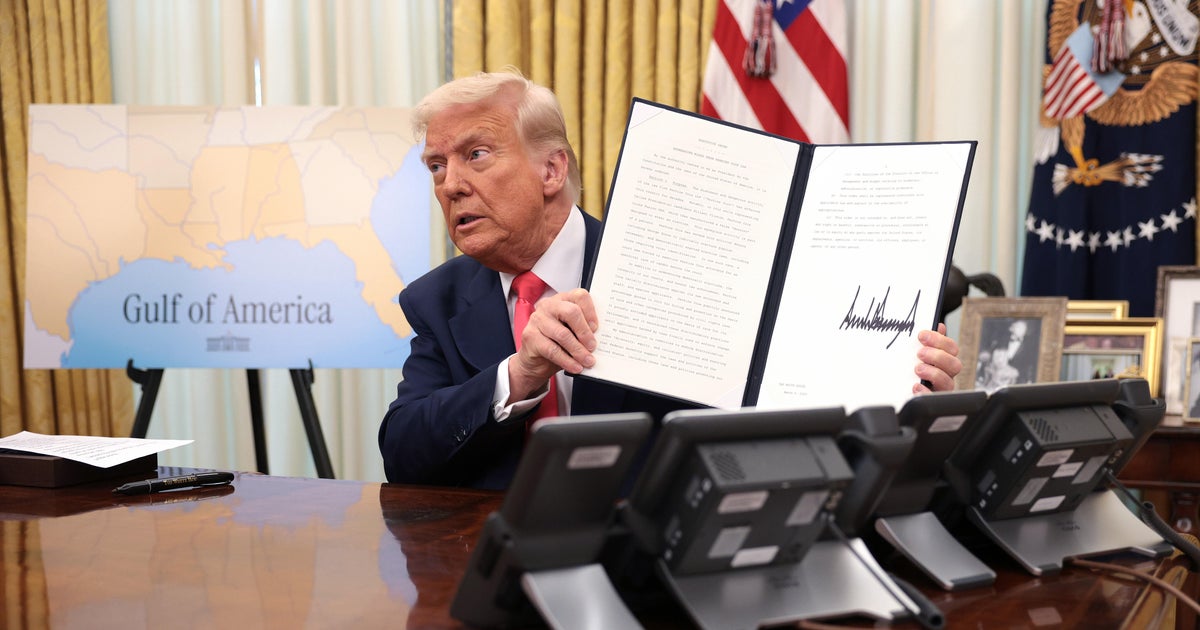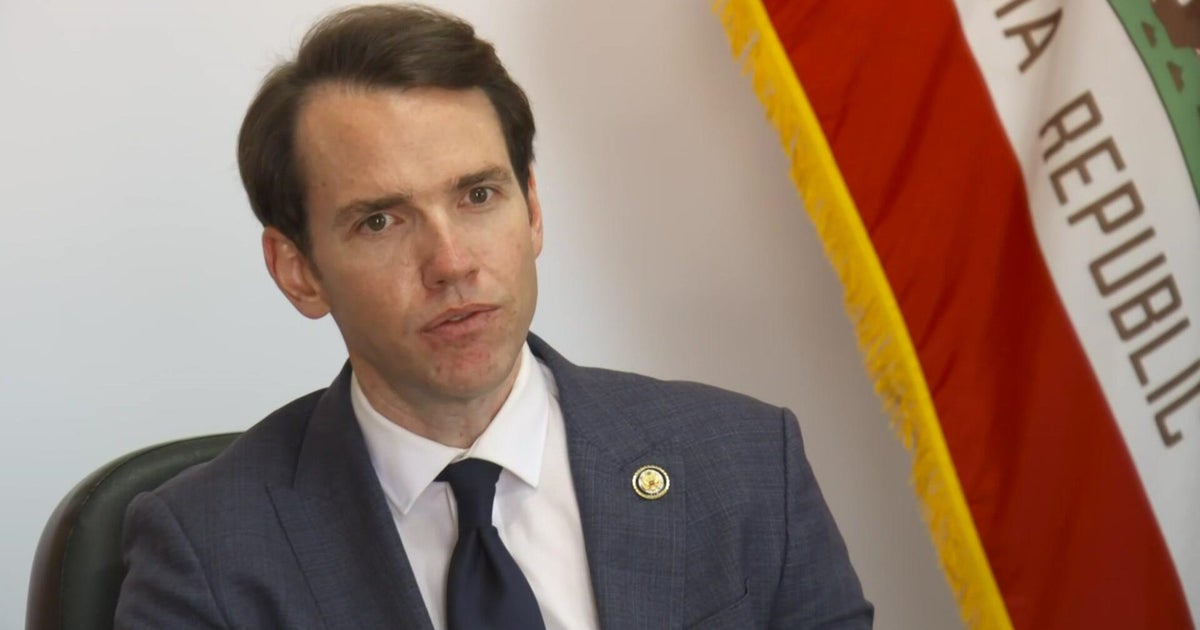Trump names N.Y. Rep. Elise Stefanik U.S. ambassador to U.N.
President-elect Donald Trump has offered the job of U.S. ambassador to the United Nations to Rep. Elise Stefanik and the New York Republican has accepted the offer, a senior source close to the presidential transition confirmed to CBS News.
The New York Post was first to report the developments, with statements from Trump and Stefanik. CNN also reported the news, citing two sources.
"I am honored to nominate Chairwoman Elise Stefanik to serve in my Cabinet as U.S. Ambassador to the United Nations. Elise is an incredibly strong, tough, and smart America First fighter," Trump said in a statement to CBS News.
Stefanik confirmed her acceptance of the role in a statement to the Post.
"I am truly honored to earn President Trump's nomination to serve in his Cabinet as U.S. Ambassador to the United Nations," Stefanik said. "During my conversation with President Trump, I shared how deeply humbled I am to accept his nomination and that I look forward to earning the support of my colleagues in the United States Senate."
The post requires Senate confirmation.
Stefanik, a vocal and staunch Trump ally and the No. 4 House Republican as chair of the House Republican Conference, would take on a role Nikki Haley held during the first Trump administration.
The former South Carolina governor sought the G.O.P. presidential nomination during the just-concluded election season and threw her support to Trump after dropping out of the race. Haley said said she was "on standby" to appear on the campaign trail on his behalf, but it didn't happen.
Stefanik spoke at the controversial Trump rally at Madison Square Garden in late October.
Stefanik was among the harshest questioners of three college presidents who testified before the House Committee on Education and the Workforce last December about how they were handling antisemitic incidents on their campuses in the wake of the Oct. 7 terrorist attack by Hamas on Israel.
Many Republican lawmakers insisted the presidents weren't doing enough to root out and denounce anti-Jewish sentiments.
Harvard University's Claudine Gay, the University of Pennsylvania's Liz Magill and the Massachusetts Institute of Technology's Sally Kornbluth appeared before the panel. The presidents said they disdain antisemitic language but also value free speech.
Ultimately, Gay and Magill resigned.

